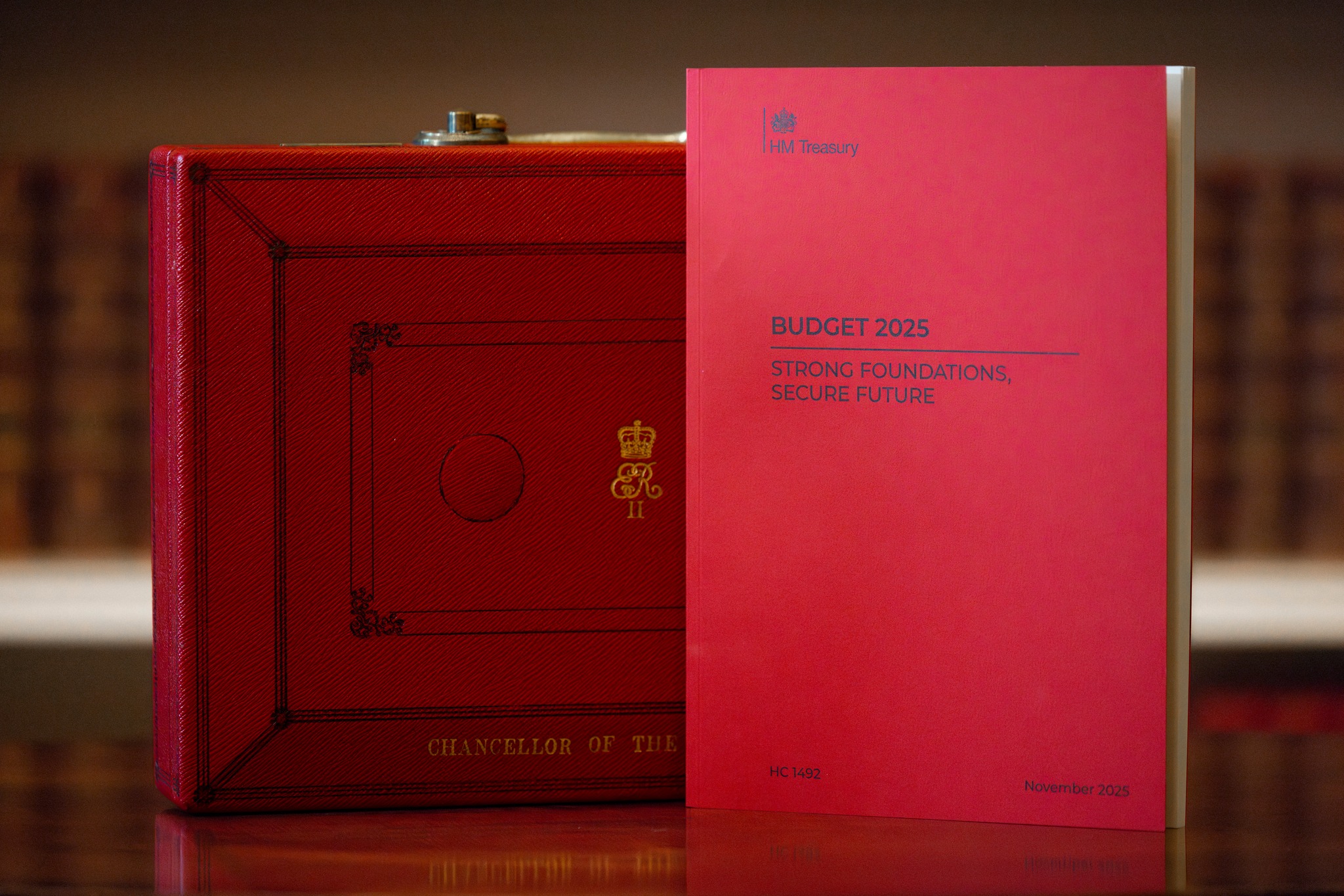
Many sectors of the British economy are undergoing rapid change and the energy sector is certainly no exception.
Many sectors of the British economy are undergoing rapid change and the energy sector is certainly no exception.
Many sectors of the British economy are undergoing rapid change and the energy sector is certainly no exception. Technological developments and the increasingly high profile of climate change and its impact on the use of natural resources means that the industry has been forced to reassess the way it operates and the services it provides for consumers. Below, we take a brief look at just a few of the major factors influencing the energy sector.
Renewables
Renewable energy is continuing to cause a major impact on the energy industry. The Government set ambitious targets for the proportion of UK energy requirements provided by renewables, exemplified by its 10-year, industry-funded programme costing £100m, known as the Offshore Wind Growth Partnership (OWGP). This was developed to boost offshore wind generation with a view to benefiting the UK economy. Figures suggest that this target won’t be met, but its ambition cannot be doubted.The target, 30GW of offshore wind power generation by 2030, would account for over 30% of the UK’s electricity supply.
Goodbye to fossil fuel?
Recently, Coal-fired power dropped below 50% of UK energy production for the first time ever. National Grid, the industry’s main body for investment, management, and supply of electricity, called this 'a landmark tipping point' representing an achievement of historic proportions for the UK, as it moves towards being a net-zero carbon economy by 2050. Having said that, coal is still there in 2019, having a minor resurgence due to low commodity pricing, which makes it a cheap source of energy. Heating, for example, still depends largely on fossil fuel.
Reduced nuclear output and electric vehicles
In the mid-term, it’s important to remember that seven out of eight of Britain’s nuclear power plants are scheduled to be decommissioned in the next ten years. There will be a production gap at a precise time as the auto industry is rolling out electric vehicles. This timing is likely to put further strain on electricity demand from 2020 onward.
The energy price cap and consumer behaviour
Introduced in January 2019 by OfGen, the energy price cap for consumers (business and individuals alike) was implemented with a view to providing an economic boost in spending by consumers, to help the sluggish retail and small business sectors (partly to do with the uncertainty around Brexit). The trend suggests that private consumers have left behind the old habit of staying with their current supplier simply through inertia. With the advent of consumer comparison sites, they are becoming more willing to swap providers to benefit from locked-in price stability and significant savings.Of course, there’s been pushback from the industry. Energy companies claim that what is good for households could mean wipe-out for smaller energy startups. Eleven such companies have ceased trading recently, unable to avoid being dragged into a price war where tariffs are offered to customers at unfeasibly low rates.
Big Data
Another highly influential factor in the industry is the ubiquitous Big Data. Smart technology means the widespread adoption of smart metering by consumers in their day-to-day lives. Unsurprisingly, suppliers garner enormous amounts of data about consumption, as well as patterns of behaviour around energy consumption. As yet, this data collection and storage is largely unregulated. Therefore, industry-wide regulatory changes are very much in the pipeline.When the price we are paying to heat, wash and cook impacts our household bottom line, consumers can certainly be motivated to reduce consumption. Schemes like replacing incandescent bulbs with LEDs and providing energy ratings for buildings are becoming a big influencer when it comes to changing behaviour. This is an encouraging trend in the UK energy sector in 2019, but only when investment to go green increases to its tipping point will consumers change their mindsets wholesale.
FAQs

Can we help your business?
Book a free consultation with our expert R&D funding advisors today. We specialise in helping innovative businesses like yours unlock millions in government funding, specifically allocated to fuel your innovation. Let us help your business access the support it deserves.









.svg)


